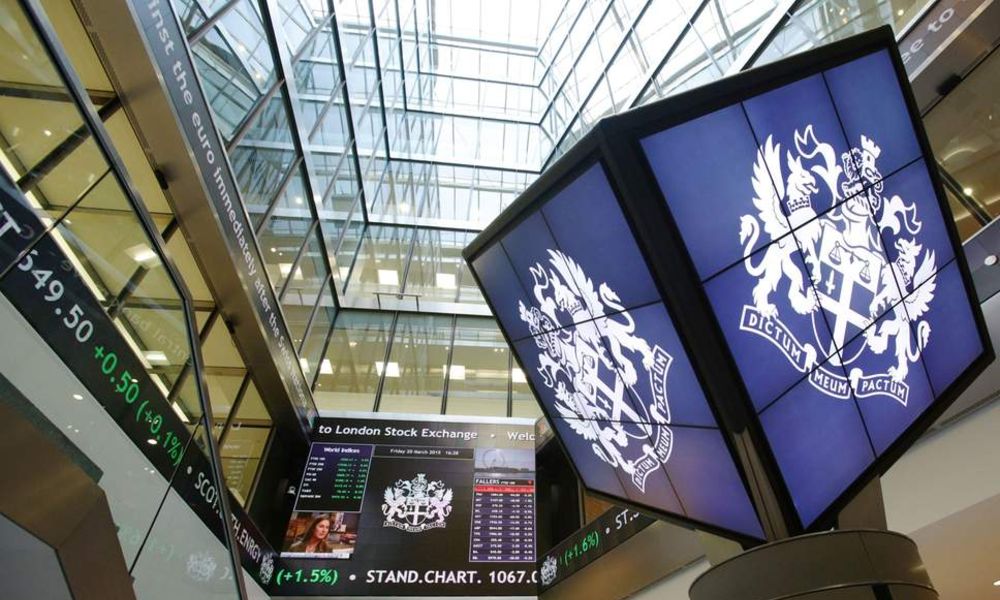
The Index ETF tracking the performance of the Bulgarian stock market started trading on the London Stock Exchange
01.10.2018
Expat Asset Management is the first ETF manager from the CEE region with financial instruments listed on the stock exchanges in London and Frankfurt
Expat Bulgaria SOFIX UCITS ETF started trading on the London Stock Exchange on Monday, 1st Oct 2018. It is denominated in euro, with ticker BGX. The ETF tracks the performance of the main Bulgarian equity index SOFIX, providing investors with access to the largest and most liquid companies on the Bulgarian Stock Exchange.
“We are happy that we managed to cope with all the technical hurdles along the way to this listing. This is the first Bulgarian issue to be traded on the London Stock Exchange. Expat Asset Management is the first asset manager from the CEE region with financial instruments cross-listed on the stock exchanges in London and Frankfurt. We would like to thank the LSE for their support and the good partnership. The cross-listing of the index fund in London is a success not only for Expat, this step opens up new opportunities for the Bulgarian capital market as a whole.” Nicola Yankov, Chairman of the Board of Directors of Expat Asset Management, said.
Expat Bulgaria SOFIX UCITS ETF is a passive index fund organized and managed by Expat Asset Management. It is traded on the Bulgarian Stock Exchange and the Frankfurt Stock Exchange, and from now on the London Stock Exchange as well. The fund is designed to give investors liquid, diversified, transparent and cost-effective exposure to the Bulgarian equity market.
Expat manages a family of 11 ETFs which provide country-specific exposure in the CEE region for international investors. In addition to the ETF on the SOFIX, the other funds track the main equity indices of Poland, the Czech Republic, Slovakia, Hungary, Slovenia, Croatia, Serbia, Macedonia, Romania, and Greece. All of these funds are traded on the stock exchanges in Sofia and Frankfurt, and Expat plans to list them for trading in London as well. This would provide international investors with an easy and effective way to manage their exposure to specific countries in the region, overcoming deficiencies such as lack of liquidity, lack of access and other technical factors typical for many of the CEE markets.